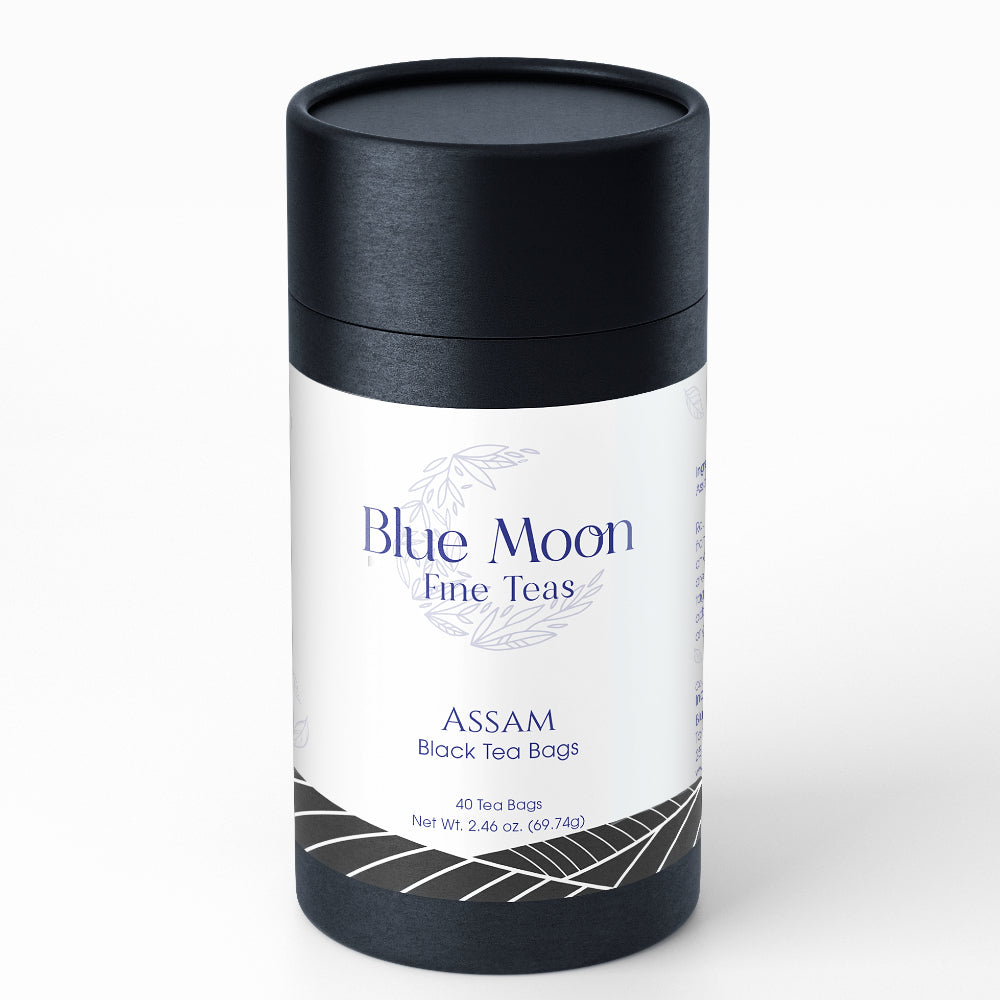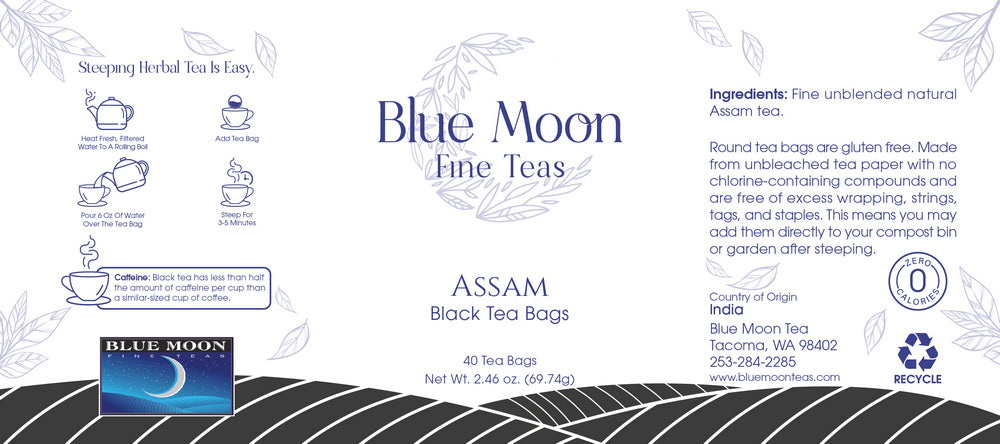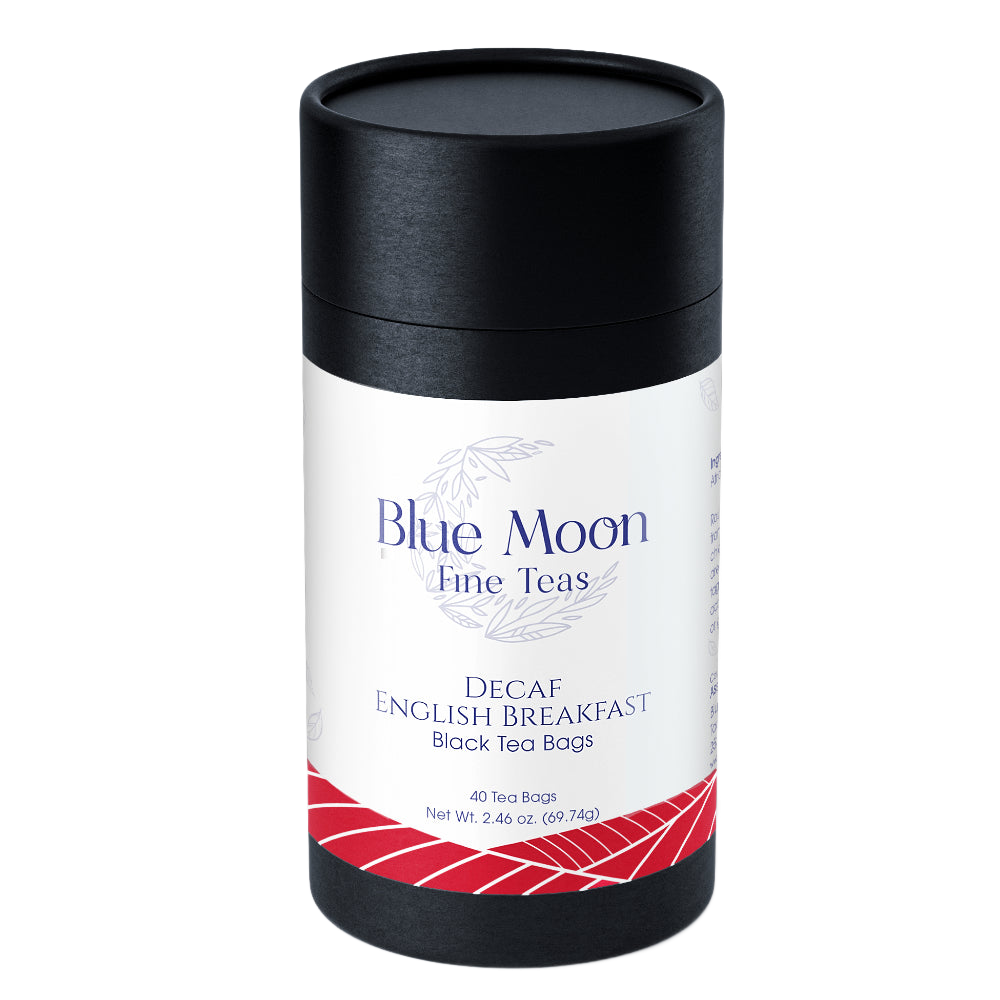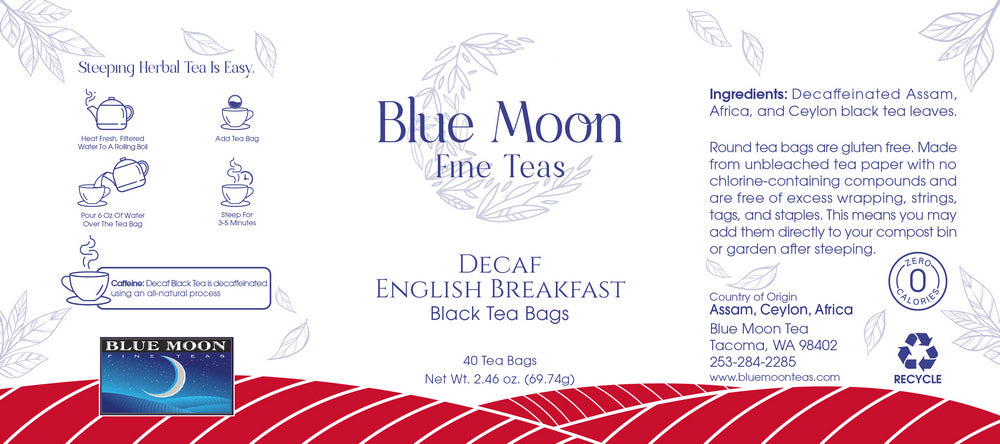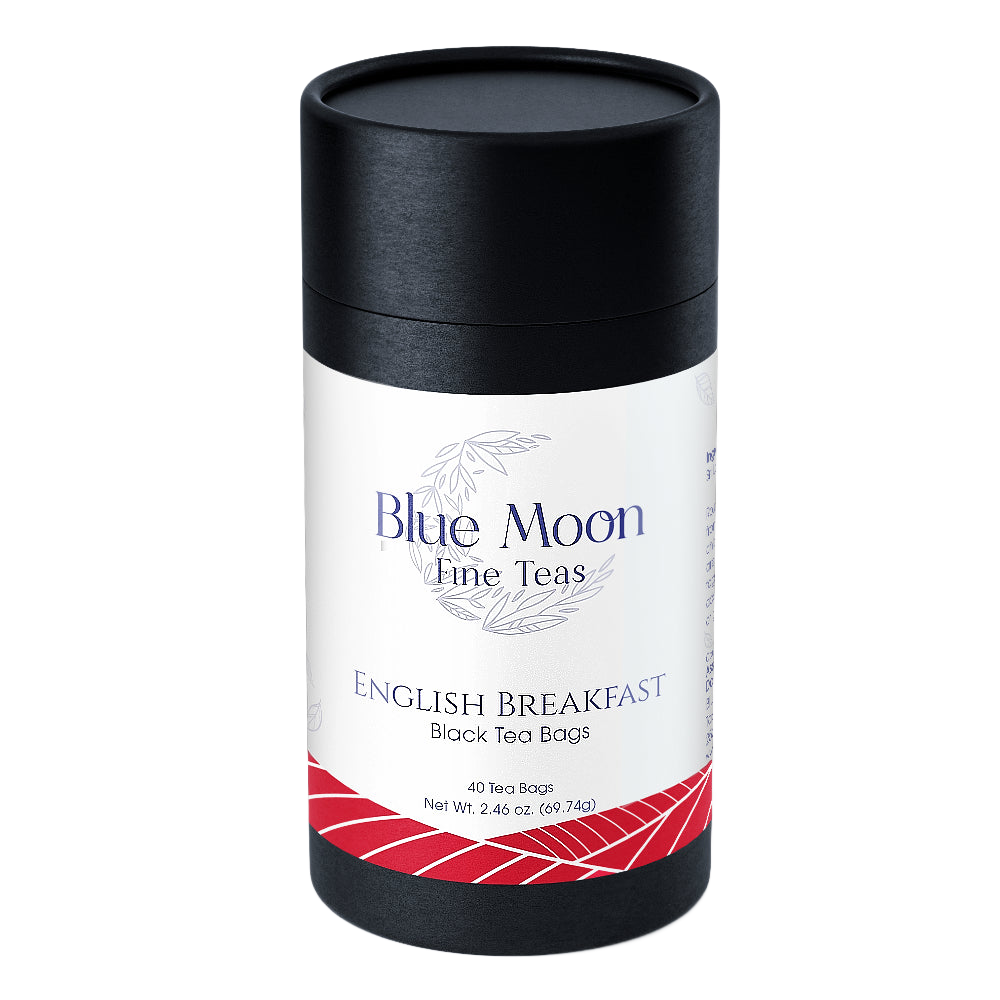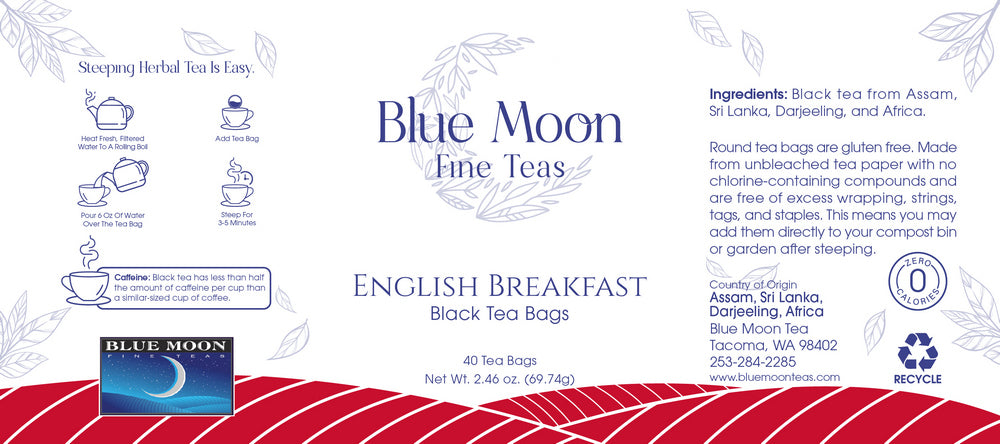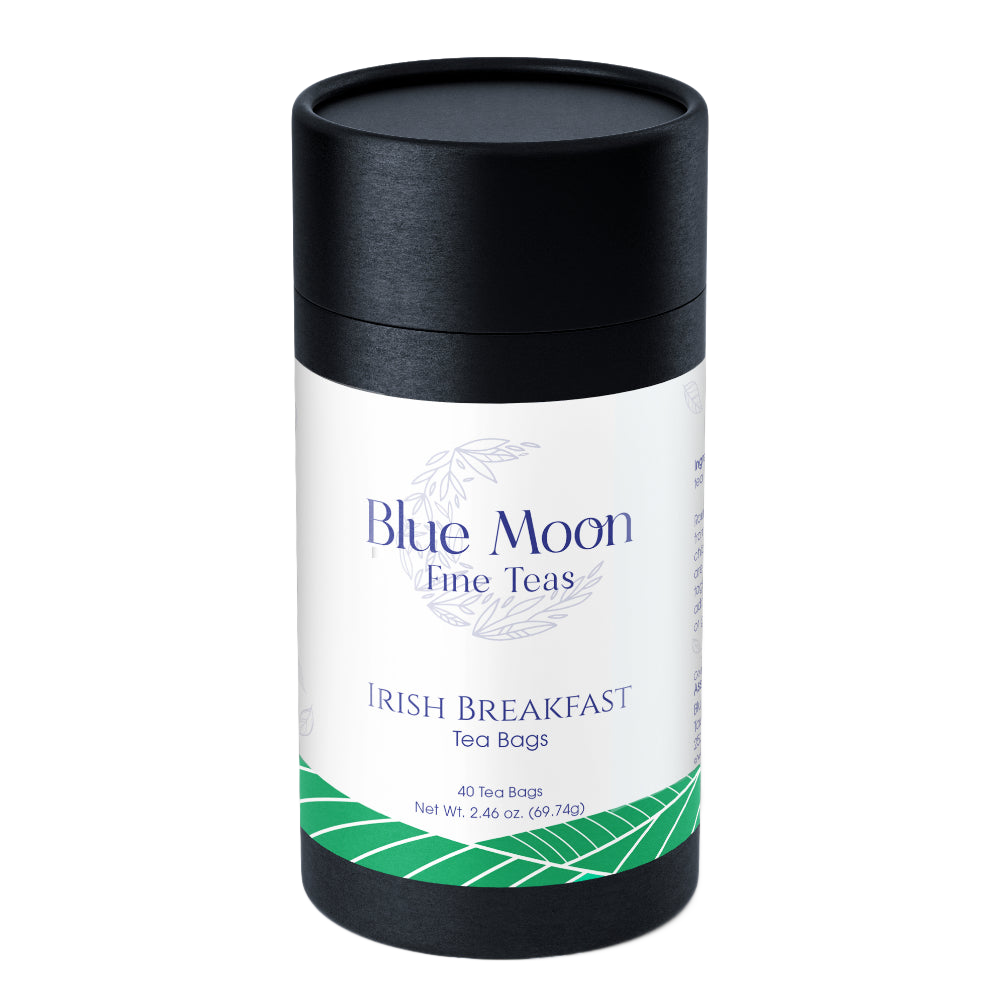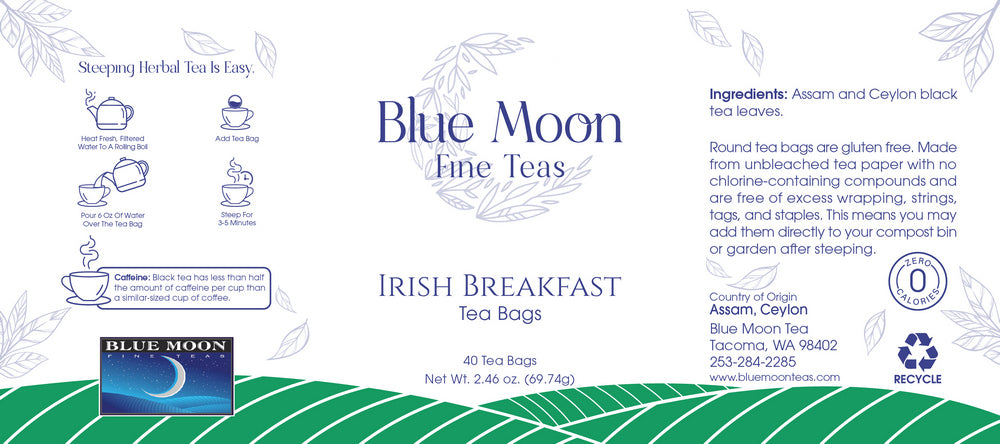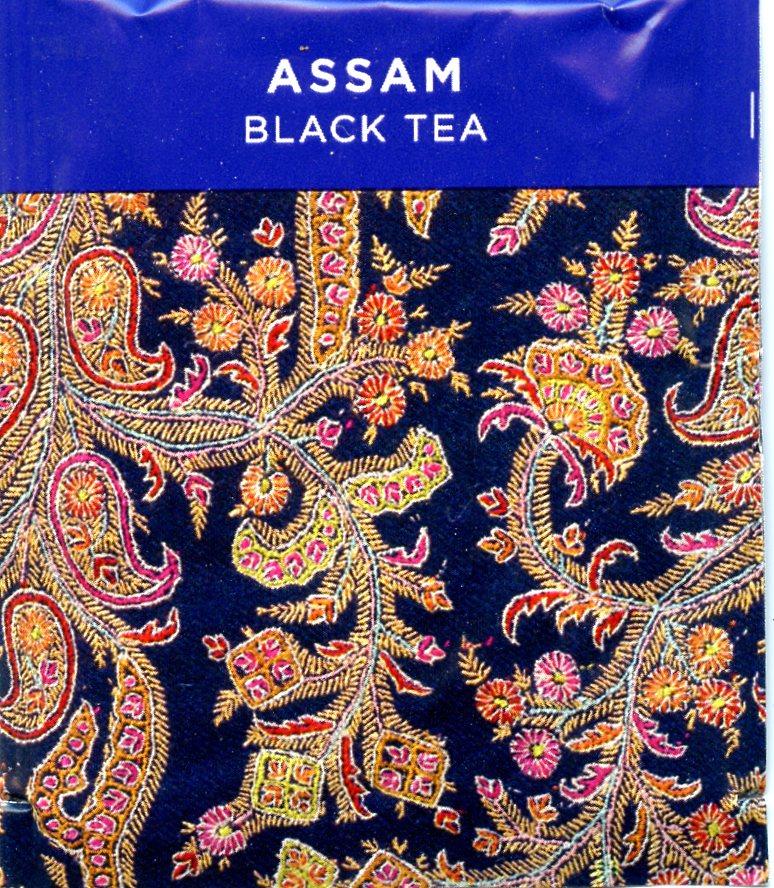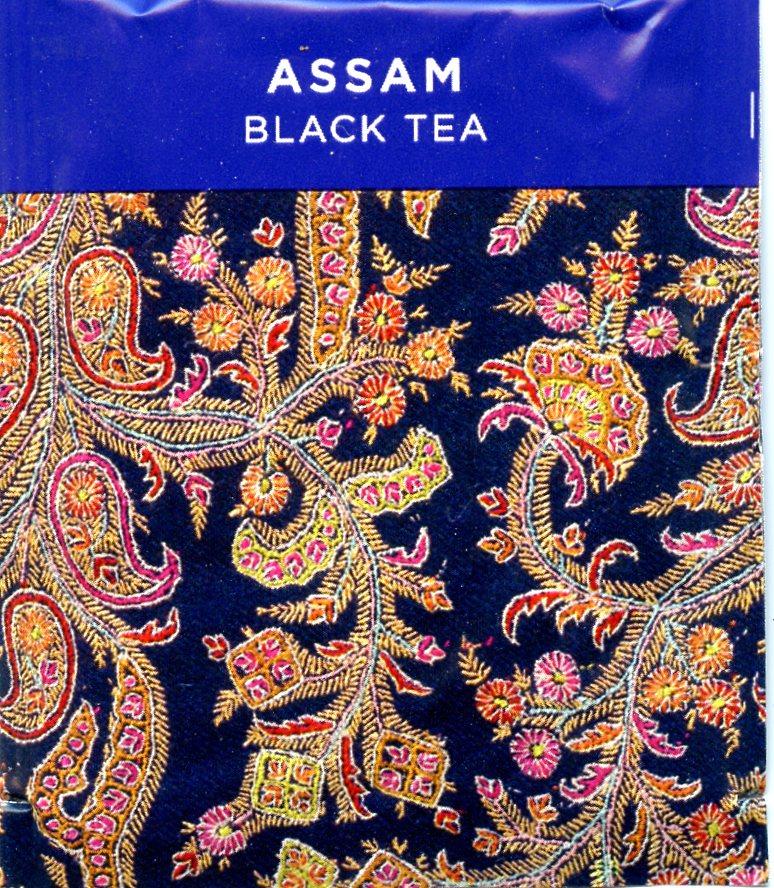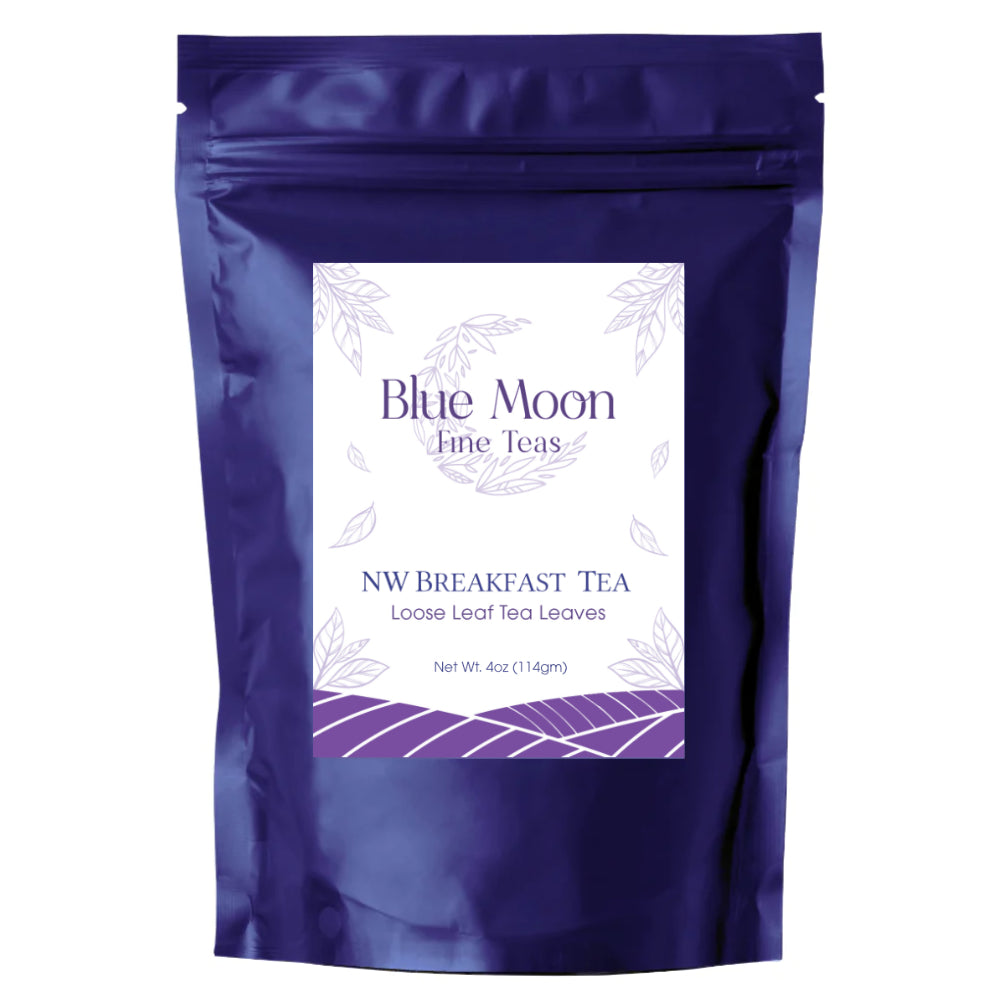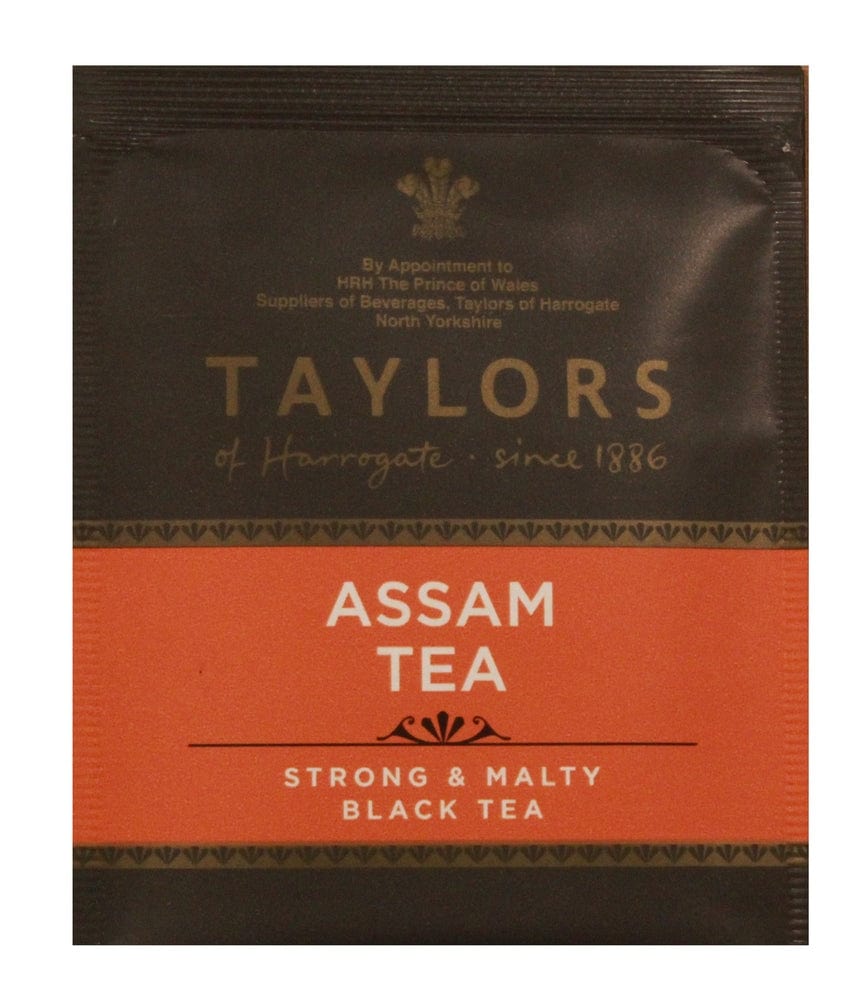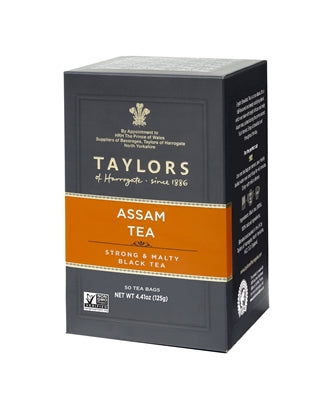Assam Tea with Caffeine
Assam tea, a distinguished black tea, flourishes within India's Assam region. Renowned for its robust, full-bodied character, it frequently takes the spotlight in chai and breakfast tea blends. The evaluation of Assam tea's appeal hinges upon personal preferences and health considerations.
- Should your palate gravitate toward intense, refreshing flavors and seek a caffeine source, Assam tea could become your beverage of choice. However, those seeking gentler flavors or managing caffeine sensitivity may choose alternative teas or caffeine-free options.
- Notable for its body, briskness, malt undertones, and vibrant hue, Assam tea bears the hallmark attributes of its origin. Although offering a rich source of caffeine may deter individuals from limiting their stimulant consumption.
- The precise caffeine content within a 1-cup (240 ml) serving of Assam tea varies with steeping duration, ranging from 60 to 112 mg. An equivalent amount of brewed coffee delivers around 100–150 mg of caffeine.
- Ultimately, Assam tea's merit is judged upon individual inclinations. Assam tea shines for enthusiasts embracing its bold allure and seeking a caffeinated companion. Yet, those favoring subtlety or practicing caffeine moderation can explore many alternative options for a tea experience tailored to their palate and lifestyle.
- Antioxidant properties: Assam tea contains antioxidants such as flavonoids, which help protect the body from oxidative stress and damage caused by free radicals. These antioxidants may contribute to overall health and help reduce the risk of chronic diseases.
- Heart health: Some research suggests that the antioxidants in Assam tea may help improve cardiovascular health by reducing the risk of heart disease and stroke. Drinking black tea regularly may help lower LDL (harmful) cholesterol levels and improve blood vessel function.
- Brain function: Assam tea's caffeine and theanine content may help improve alertness, focus, and cognitive function. Moderate consumption of black tea has been associated with better cognitive performance and a reduced risk of neurodegenerative diseases like Alzheimer's.
- Digestive health: Assam tea contains tannins, which have been shown to have anti-inflammatory and antimicrobial properties that may support digestive health. Some people find that black tea can help soothe an upset stomach and improve digestion.
- Immune system support: The polyphenols and catechins in Assam tea may help support the immune system and enhance the body's ability to fight infections and diseases.
- Hydration: Like other beverages, Assam tea contributes to daily fluid intake, helping to keep the body hydrated.
- Bone health: Some studies suggest that regular tea consumption, including Assam tea, may be associated with higher bone mineral density and a reduced risk of osteoporosis in older adults.
-


